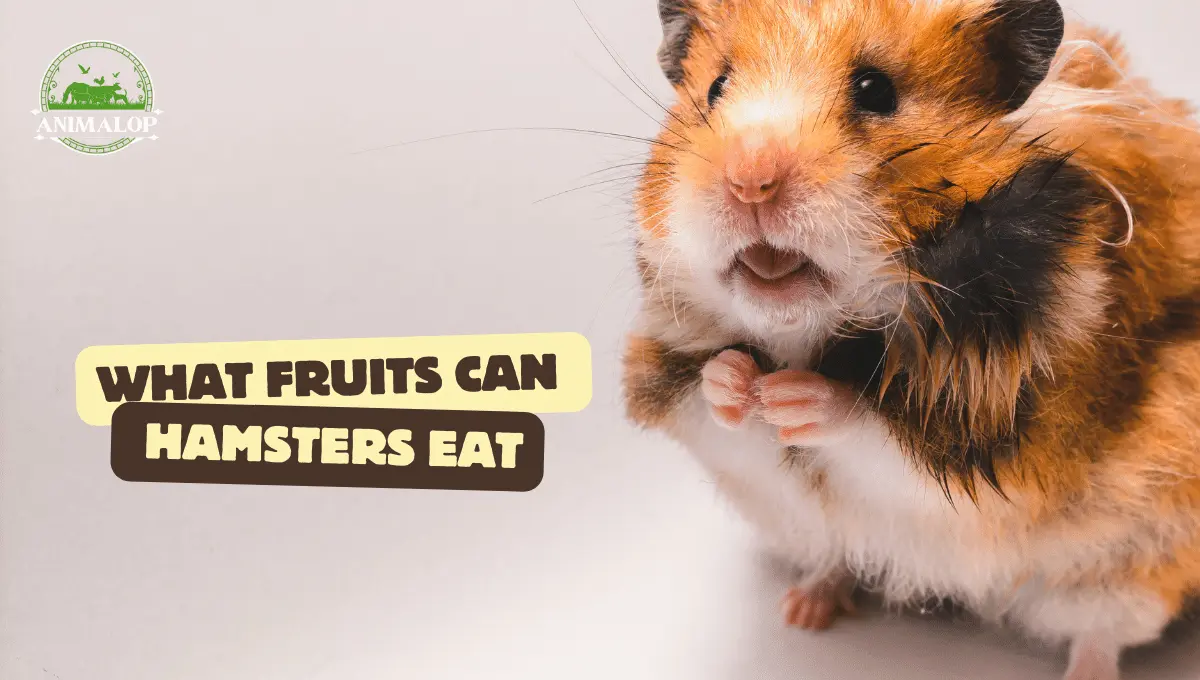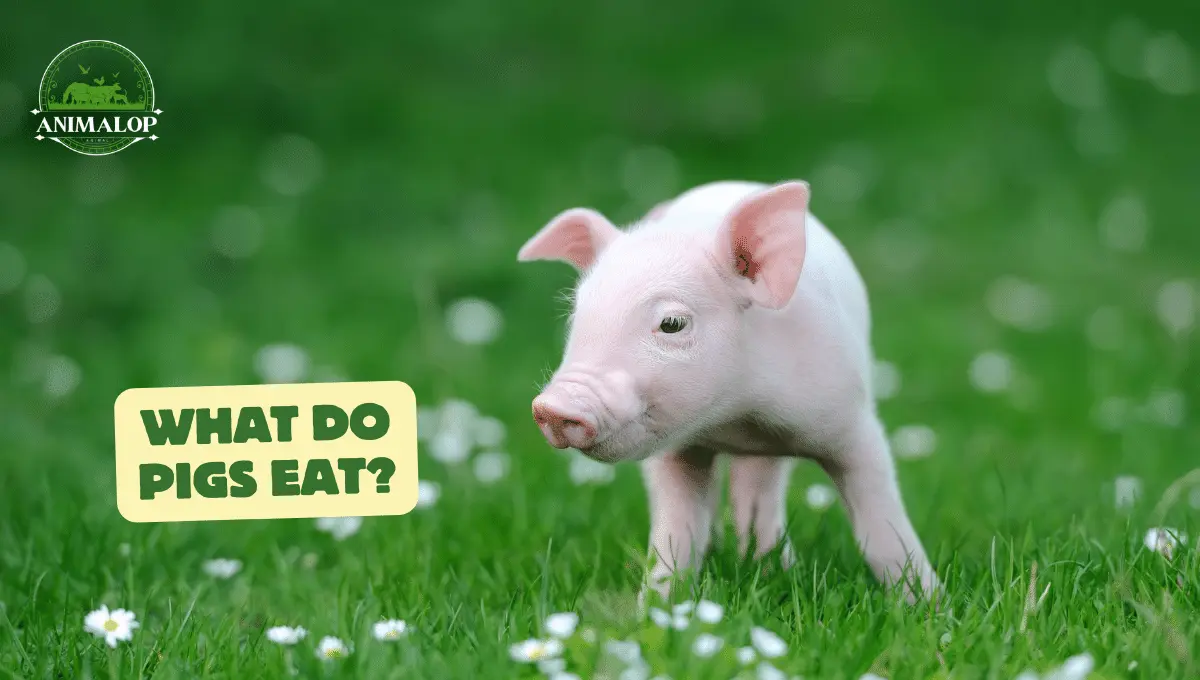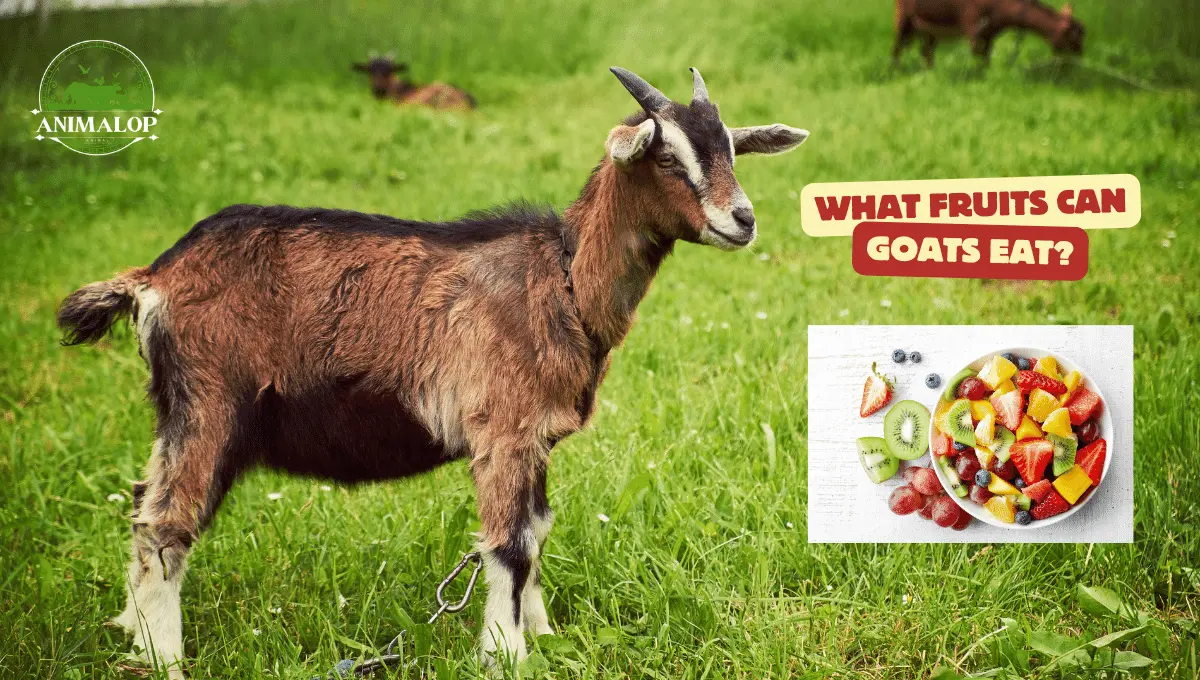Guinea pigs are herbivores, so they eat only fruits and vegetables. The best diet for a guinea pig includes mostly hay (70%), some pelletized feed (20%), and a small amount of vegetables (10%). Vegetables are important because they provide vitamins and minerals that make the diet more interesting and healthy for your guinea pig.
Guinea pigs cannot make vitamin C on their own and must get it from their food. This is crucial because it helps prevent health problems like scurvy. When choosing fruits for your guinea pig, go for fresh ones and, if possible, those grown organically without chemicals, since guinea pigs are quite sensitive.
Can Guinea Pigs Eat Courgettes?
Guinea pigs can eat courgettes, also known as zucchini, and they can eat it with the skin and seeds. However, many guinea pigs might not like zucchini very much.
They can have zucchini either raw or cooked, but if you cook it, don’t include the skin or seeds. It’s good to mix different greens into their diet, and zucchini is a good choice.
Guinea pigs enjoy eating raw zucchini because it lets them do something similar to foraging, which is fun and interesting for them. Just cut the zucchini into small pieces so they can eat it easily. Sometimes, you can also sprinkle a bit of calcium powder made for guinea pigs on it.

Also, get to know more about safe herbs and vegetables for rabbits.
Health Benefits Of Courgettes
Zucchini also known as Courgettes, is a type of summer squash that’s low in calories and can be turned into noodle shapes as a low-carb option.
The fruit is rich in vitamins and minerals like magnesium, potassium, and vitamin C, as well as being low in calories. Aside from having antioxidants, it can enhance the immune system as well.
Zucchini has fiber, which is good for keeping cholesterol levels normal, and other nutrients that help reduce inflammation and support joint health.
Here’s what zucchini offers for guinea pigs:
- Vitamin C: Guinea pigs need about 130 milligrams of vitamin C daily, and zucchini provides a small amount of this essential vitamin, making it a helpful addition to their diet.
- Low Calories, Sugar-Free: Zucchini is a great, healthy snack for guinea pigs because it’s very low in calories and doesn’t have sugar, so it won’t make them gain unwanted weight.
- Vitamin B6: Zucchini is a great source of vitamin B6, which is important for guinea pigs for healthy bone growth and nerve protection.
- Vitamin A: This vitamin is crucial for good vision and skin health. Zucchini is packed with vitamin A, meeting most of the daily needs for guinea pigs.
- Potassium: Guinea pigs need potassium, which is found in zucchini. A small amount, about ¼ cup per day, is enough.
- Calcium: This is another important nutrient found in zucchini, useful especially for young, growing guinea pigs. A cup of chopped zucchini contains more than enough calcium for a day.
- Phosphorus: Zucchini also contains phosphorus, which helps keep bones strong. However, it’s low in phosphorus compared to other vegetables, so it’s safe to feed to your guinea pig without worrying about giving them too much.
Can Guinea Pigs Eat Radishes?
If you give radishes to guinea pigs in small amounts, they will be safe to eat. Daikon, also known as Japanese or white radish, is also safe for them as an occasional treat. Guinea pigs benefit from radishes’ high vitamin C, potassium, and folate content.
Nutritional Information for Radishes
When you add radishes to your guinea pig’s diet, they get a variety of nutrients. Here’s what you’ll find in 100 grams of radishes:
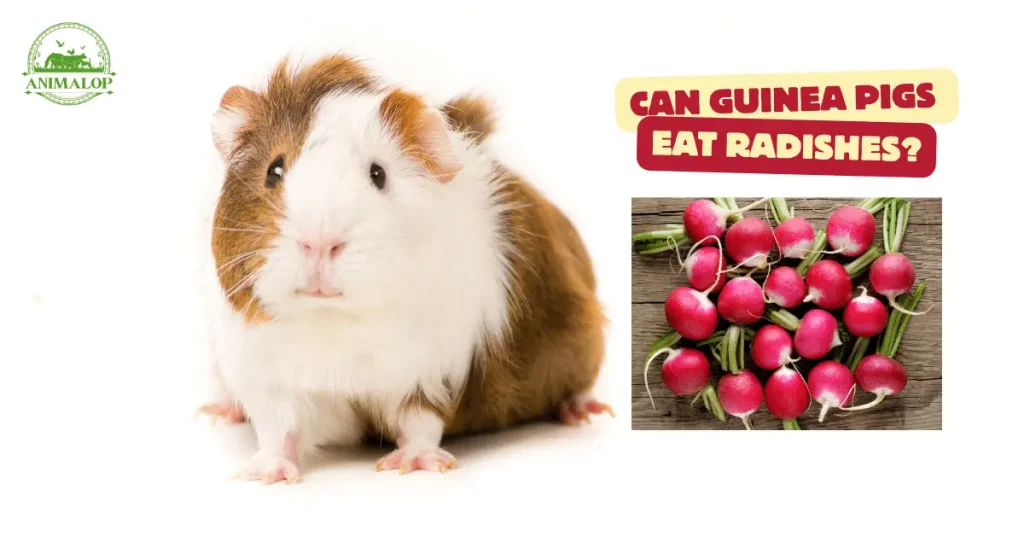
- Water: 95.3 grams – They’re mostly water, which is good for hydration.
- Protein: 0.68 grams
- Carbohydrates: 3.4 grams
- Fat: 0.1 grams
- Vitamin C: 14.8 milligrams: While not as high as some other veggies like kale or bell peppers, radishes still provide a decent amount of vitamin C along with other vitamins and minerals.
Although radishes don’t have as much vitamin C as some other vegetables, they still offer a variety of other nutrients, making them a healthy addition to your guinea pig’s diet. Remember to give them in moderation.
Can Guinea Pigs Eat Snap Peas?
Guinea pigs can eat snap peas, which are a good source of vitamin C, fiber, and carbohydrates. However, snap peas also have a bit of sugar, so they should only be given to guinea pigs in moderation.
Guinea pigs should mostly eat hay, along with a cup of fresh vegetables daily to get the vitamins and minerals that hay doesn’t provide.
Nutritional Benefits of Snap Peas

- Vitamin C: Snap peas have plenty of vitamin C, which is great for boosting immunity and preventing diseases like scurvy.
- Protein: They also have a fair amount of protein, which helps in various bodily functions like burning fat and controlling blood pressure.
- Fiber: There’s a good amount of fiber in snap peas, which is important for keeping the digestive system running smoothly.
- Vitamin K: Snap peas are also a source of vitamin K, which helps with blood clotting and bone health. It’s particularly beneficial in reducing the risk of fractures, especially in older women.
Explain what vegetables to feed chickens.
Can Guinea Pigs Eat Blackberries?
Guinea pigs can eat blackberries, but since they’re pretty sweet, you should only give them a little bit. Like people, guinea pigs can’t produce their own vitamin C, so they need to get it from the food they eat.
Blackberries are a good way for your guinea pig to get vitamin C, which is very important for their health. They also have fiber and vitamin A, which are good for them too. Just make sure to offer blackberries as a treat and not a big part of their diet.
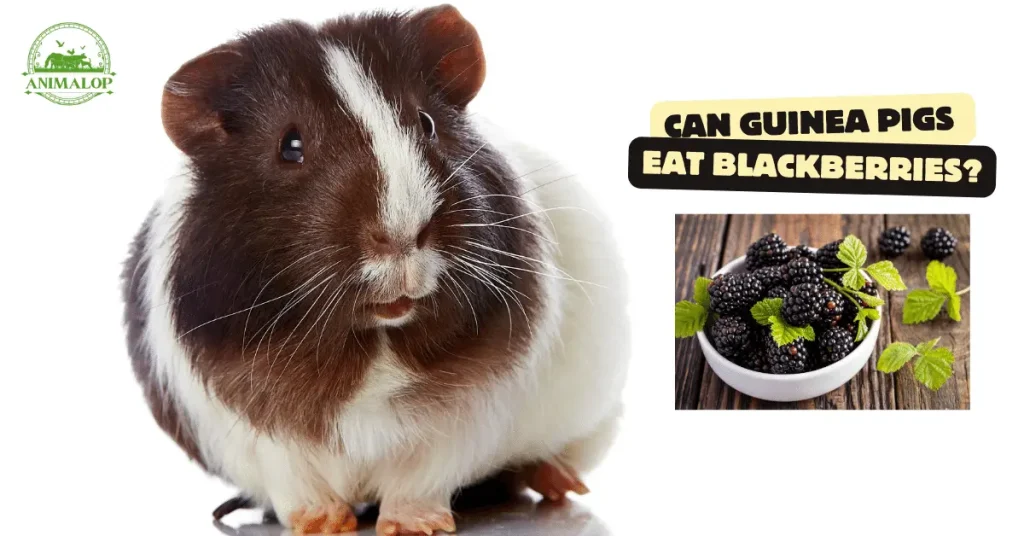
Nutritional Benefits Of Blackberries
- Vitamin C: One of the key nutrients in blackberries is vitamin C. Guinea pigs, like humans, cannot produce their own vitamin C and must get it from their diet. This vitamin is essential for preventing scurvy, a disease caused by vitamin C deficiency, and it helps maintain a healthy immune system.
- Fiber: Blackberries come with high fiber content, which is important for guinea pigs’ digestive health. Fiber helps keep their digestive system running smoothly and prevents issues like constipation.
- Vitamin A: It helps maintain good vision, skin health, and overall cell function in guinea pigs. Vitamin A in blackberries helps ensure that your guinea pig stays healthy in these areas.
- Antioxidants: Blackberries are rich in antioxidants including vitamin C and vitamin A, which keep cells healthy. These antioxidants could aid in boosting the immune system and help keep your guinea pig healthy.
- Low Calorie: Despite their sweetness, blackberries are low in calories, making them a suitable treat that doesn’t contribute significantly to weight gain when given in moderation.
Final Thoughts
I used to think feeding guinea pigs was simple, but there’s a lot to consider for their diet. It’s important to give them a variety of fruits and veggies, like courgettes, radishes, snap peas, and blackberries, each offering unique nutrients.
Always remember moderation, especially with sweeter fruits, to keep your guinea pig healthy and happy.

